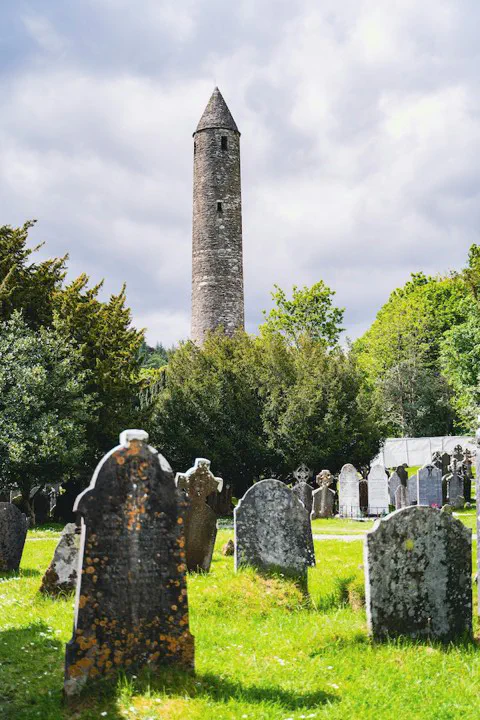- January 1, 1
John Keegan Casey (1846-1870) was born at the height of the famine in Mullingar, County West Meath. Best remembered as the author of The Wearing of the Green, which he is reputed to have written when he was just 15 years old. Leo had two volumes of verse published before his untimely death at the age of 24 on St. Patricks Day 1870. By coincidence, his birthday was 22 August, the same as General Humbert who led French troops in the 1798 Rising and the date Humbert landed at Killala in 1798.
In the early 1860s he became a clerk in Dublin where he joined the Fenian movement and contributed numerous popular poems to The Nation. In 1866 he published a poetry collection A Wreath of Shamrocks which contained The Rising of the Moon about the 1798 Rebellion which became a popular Fenian ballad.
He submitted material for publication to The Nation newspaper under the pseudonym LEO.
After the failed 1867 Fenian Rising, Casey was imprisoned in Mountjoy Gaol. He was held without trail for eight months during which time he was brutally treated and malnourished. Dr Robert MacDonnell, the prison doctor, made public Caseys extensive injuries and the Government was forced to hold a Commission of Inquiry.
In November 1867, Leo Casey was released from prison on condition that he would leave Ireland for good. In defiance, he choose to remain in Dublin posing a Quaker by the name of Harrison. He continued to write songs and poems for a variety of publications and travelled the length and breadth of the country addressing meetings, before the burden took its toll.
Casey died within two years after his release from prison, as a result of brutal treatment he received at the hands of the prison authorities. He died when he was only 23.
Thousands walked to Dublin from Longford, Westmeath and Roscommon to pay their respects. At Caseys funeral 50,000 people marched in solemn procession while a further 100,000 people watched his hearse pass on its way to Glasnevin Cemetery, Dublin
His most famous composition The Rising of the Moon commemorates the heroic failure of the 1798 Rebellion and in the run up to another failed bolt for freedom, the Rising of 1867, it became widely popular.
In the 1890s, a celtic cross was erected on Leo Caseys grave by the National Monuments Committee and in August 2002, a memorial in Leo Caseys honour was unveiled at Shrule Bridge, Ballymahon and a collection of his writings was published for the first time in over a century.

 ← Birth of Sir Alexander Campbell MacKenzie, musician and composer.
← Birth of Sir Alexander Campbell MacKenzie, musician and composer.